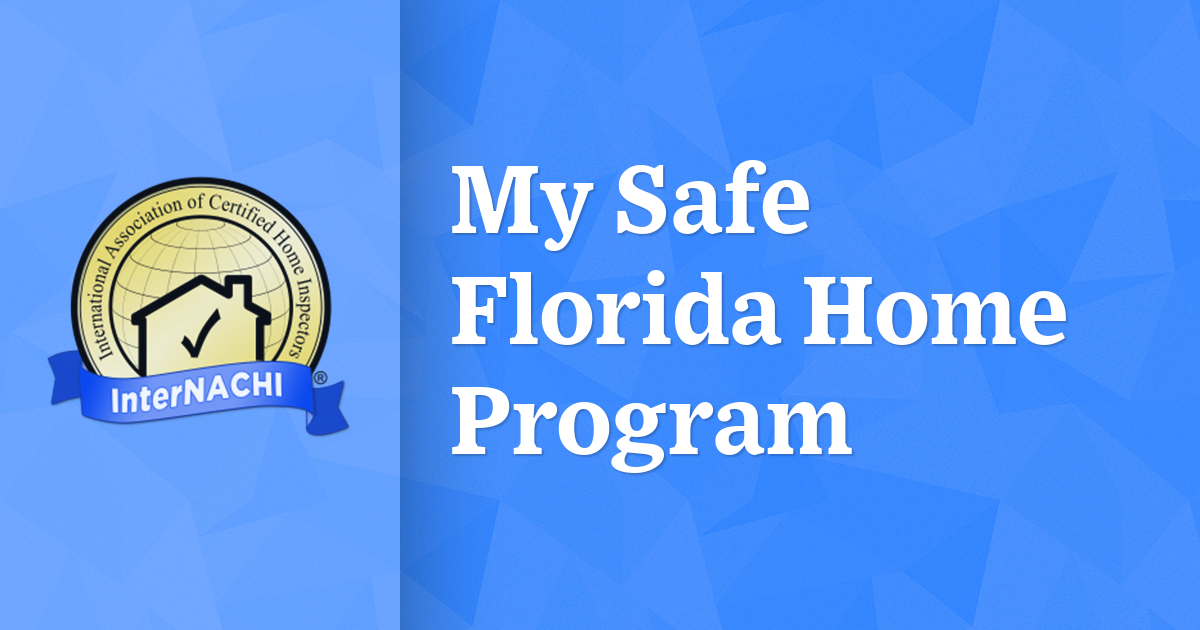Facing a denial of food stamp benefits can be a daunting experience, especially for individuals and families relying on these essential resources for their nutritional needs.
Fortunately, the process doesn’t end with a denial – applicants have the right to appeal the decision. In Florida, the appeal process is designed to ensure that individuals have a fair chance to present their case and seek reconsideration.
This comprehensive guide will navigate through the steps on how to appeal a food stamp denial in Florida, empowering individuals to advocate for their eligibility.
Understanding the Reasons for Denial
Contents
Before initiating the appeal process, it’s crucial to understand the reasons behind the denial. Common reasons for food stamp denials may include:
- Income Exceeding Limits: If the household income surpasses the eligibility limits set by the Florida Department of Children and Families (DCF), the application may be denied.
- Incomplete or Inaccurate Information: Providing incomplete or inaccurate information during the application process can lead to denials. It’s essential to thoroughly review and submit all required documentation.
- Asset Limits: Exceeding asset or resource limits, such as having savings or property beyond the specified thresholds, can result in a denial.
- Failure to Meet Citizenship or Residency Requirements: Non-compliance with citizenship or residency requirements may lead to denial of food stamp benefits.
- Failure to Comply with Work Requirements: Able-bodied adults without dependents (ABAWDs) are subject to work requirements. Failure to comply with these requirements can lead to denial.
Initiating the Appeal Process
- Receive and Review the Denial Notice: Upon receiving a denial notice from the Florida DCF, carefully review the document. The denial notice outlines the reasons for the denial and provides instructions on how to appeal.
- Understand the Deadline: Pay close attention to the deadline for filing an appeal. In Florida, applicants typically have 90 days from the date of the denial notice to initiate the appeal process.
- Contact the DCF for Clarification: Before filing an appeal, consider reaching out to the DCF for clarification on the reasons for the denial. This step can provide insights into the specific issues that need to be addressed during the appeal.
- Complete the Request for Fair Hearing Form: To initiate the appeal, complete the Request for Fair Hearing form. This form is available on the official DCF website or can be obtained from local DCF offices. Provide detailed information about the denial, reasons for appeal, and any supporting documentation.
- Submit the Request for Fair Hearing: Once the form is completed, submit it to the DCF by mail, fax, or in person. Ensure that the submission is within the 90-day timeframe to meet the appeal deadline.
- Prepare for the Fair Hearing: Upon receiving the appeal request, the DCF will schedule a fair hearing. Be prepared to present your case during this hearing. You have the right to bring evidence, witnesses, and any documentation that supports your appeal.
- Legal Representation: While not mandatory, applicants have the option to seek legal representation for a fair hearing. Legal aid organizations or private attorneys with expertise in public benefits can provide valuable assistance.
- Fair Hearing Process: The fair hearing is a formal process conducted by an impartial hearing officer. During the hearing, both the applicant and the DCF present their cases. The hearing officer will consider evidence, review documentation, and decide based on the merits of the case.
- Receive the Fair Hearing Decision: Following the fair hearing, a written decision will be issued. This decision will outline whether the denial is upheld or overturned. If the decision is in favor of the applicant, the DCF will proceed with processing the food stamp benefits.
- Further Appeals: If dissatisfied with the fair hearing decision, there may be opportunities for further appeals, such as requesting a review by the DCF’s Appeals Section or pursuing legal action. Legal advice is recommended at this stage.
Tips for a Successful Appeal
- Thorough Documentation: Compile all relevant documents that support your case. This may include income records, expense receipts, or any other evidence that addresses the reasons for the denial.
- Attend the Fair Hearing: Attend the fair hearing in person or via phone, as your active participation can significantly impact the outcome. Be punctual and prepared to present your case.
- Seek Legal Assistance: If feasible, consider seeking legal assistance for the fair hearing. Legal professionals can provide valuable guidance and enhance your chances of a successful appeal.
- Stay Informed: Keep track of the appeal process, including deadlines and scheduled hearings. Staying informed ensures that you are proactive and well-prepared.
Conclusion
Initiating the appeal process after a food stamp denial in Florida is a fundamental right that ensures individuals have a fair chance to present their case.
Understanding the reasons for denial, adhering to deadlines, and actively participating in the appeal process are crucial steps toward a successful outcome.
The Florida Department of Children and Families is committed to fair and transparent procedures, and the appeal process is designed to uphold the rights of applicants.
By navigating this process with diligence and determination, individuals and families can advocate for their eligibility and secure the essential food assistance they need.


